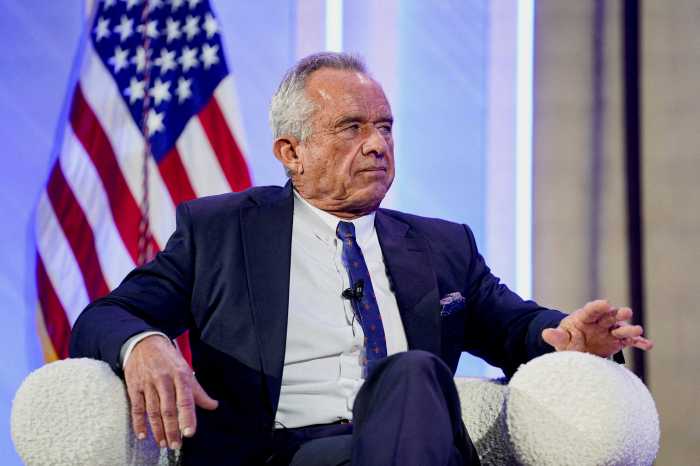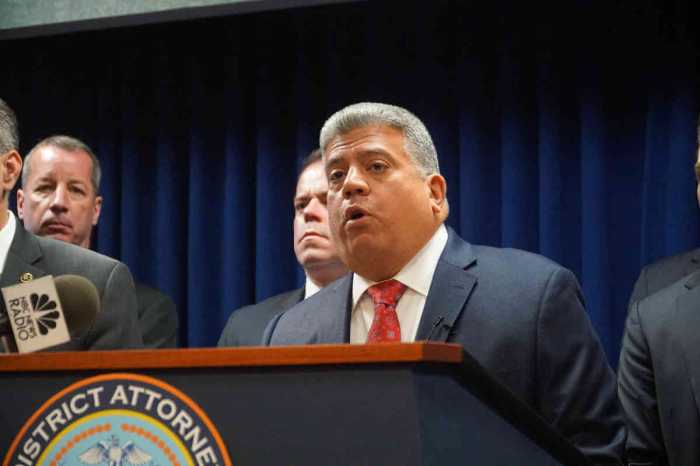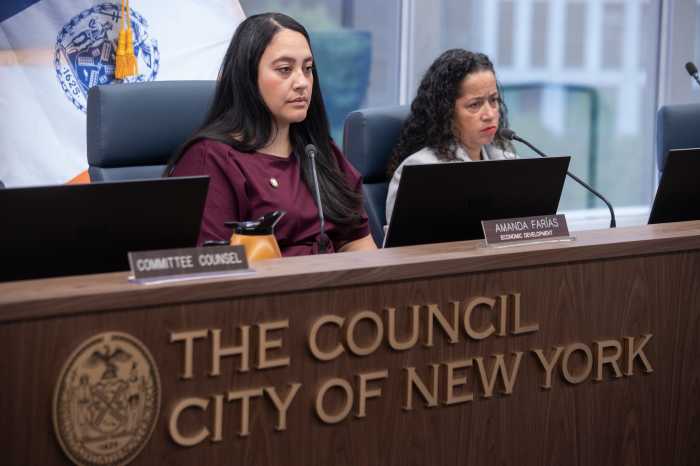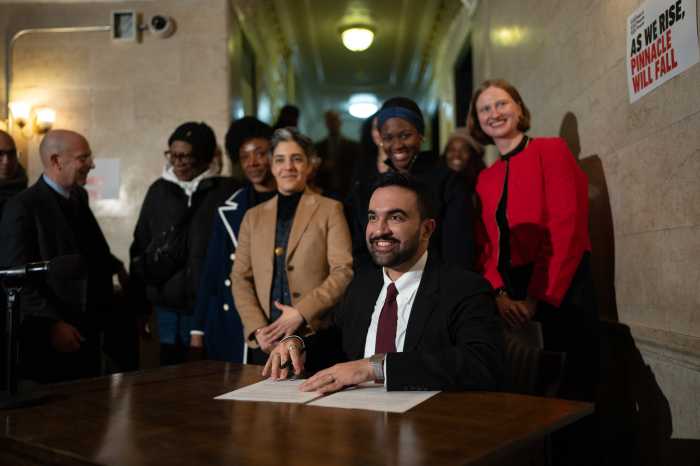BY ARTHUR S. LEONARD | State trial judges do not have the authority to overrule decisions by the highest court in their state, so perhaps it is not too surprising that Hennepin County District Judge Mary DuFresne in Minneapolis has dismissed a lawsuit brought on behalf of three same-sex couples seeking the right to marry in Minnesota.
The March 7 ruling in Benson v. Alverson relies on the first appellate ruling on same-sex marriage in the US, the Minnesota Supreme Court’s 1971 decision in Baker v. Nelson.
DuFresne’s reliance on Baker, however, seems strange, since the plaintiffs in the new case relied solely on the Minnesota Constitution, while Baker was litigated on federal constitutional grounds. The judge insisted that there was no basis to believe Minnesota state constitutional law would provide independent grounds for a same-sex marriage claim, citing the State Supreme Court’s hostility to the Baker plaintiffs.
Minnesota equal rights suit loses round one, based on 1971 “precedent”
In Baker, the Minnesota Supreme Court rejected the argument that denying same-sex couples the right to marry violates the US Constitution’s 14th Amendment, dismissing arguments based on due process –– the claim that the right to marry is fundamental –– and equal protection.
In those days, disappointed plaintiffs whose federal constitutional claims were rejected by a state’s highest court were guaranteed the right to appeal to the US Supreme Court, something that is no longer assured. The nation’s high court responded to the appeal from Richard John “Jack” Baker and James McConnell by dismissing the appeal “for want of substantial federal question.”
In the 40 years since then, state government defendants in marriage equality lawsuits have often made the argument that because of Baker, there is no valid federal constitutional claim. Baker was, at least theoretically, a US Supreme Court ruling on the merits, even though it said nothing beyond its curt dismissal.
Plaintiffs, on the other hand, have argued –– successfully last summer in Perry v. Schwarzenegger, the Prop 8 case decided in the Northern District of California and now pending before the 9th Circuit –– that Baker is no longer a controlling precedent because intervening high court decisions (particularly, 1996’s Romer v. Evans, which struck down a prohibition on sexual orientation anti-bias laws in Colorado, and Lawrence v. Texas, which overruled sodomy statutes nationwide in 2003) have totally changed the legal landscape for due process and equal protection claims by gay litigants.
Attorney General Eric Holder has apparently moved beyond the Baker precedent in his determination that Section 3 of the Defense of Marriage Act (DOMA), which withholds federal recognition for legal same-sex marriages, violates the equal protection requirement of the 5th Amendment.
Attorney Peter Nickitas, who represents the plaintiffs in the Minnesota case – Douglas Benson and Duane Gajewski, Tom Trisko and John Rittman, and Jessica Dykhuis and Lindzi Campbell –– tried to persuade Judge DuFresne that she could ignore Baker since this is a state constitutional case, raising no federal claim, but she was not convinced.
DuFresne conceded that the Minnesota Constitution in some cases provides broader protection for individual rights than the comparable federal provisions, but insisted, “Plaintiffs have not demonstrated that this Court has any authority to ignore Baker and afford same-sex couples greater or different protections than the federal constitution provides.”
Noting that the 1971 state high court “was not sympathetic to the Baker plaintiffs’ claims,” she found no indication of “a clear and strong conviction” by the Minnesota Supreme Court “that there is a principled basis for greater protection for same-sex couples under the State Constitution.” There was “no reason to believe that the result in Baker would have been different had the Baker plaintiffs alleged violations of the Minnesota Constitution,” DuFresne wrote.
“Unless and until” the Minnesota Supreme Court overrules Baker, she concluded, “same-sex marriage will not exist in this state.” Baker, she wrote, “is binding precedent on this Court, and this Court is not free to ignore it.”
One could argue that a trial judge in Minnesota may not rule in favor of a right for same-sex couples to marry when the state’s highest court previously ruled against that right, even if 40 years ago. Still, DuFresne’s holding is an odd result, especially when the federal constitutional landscape Baker was premised on has since been turned on its head.
“Times may have changed,” she wrote, “but the law has not,” a claim that can certainly be challenged. Constitutional law regarding the rights of gay people is vastly different today from what it was in 1971.
DuFresne, contrary to her assertions, could certainly have looked anew at how the Minnesota Supreme Court might analyze the state constitutional issues were they presented today. Unless there have been other State Supreme Court rulings on these issues since then –– and none is mentioned by the court –– it is hard to understand why DuFresne would conclude that Baker precludes a state constitutional challenge to Minnesota's DOMA.
Given that final victory could only happen at the State Supreme Court, a loss at the trial level is no big deal, but DuFresne is out of step with the recent accelerating trend toward recognition of same-sex marriage rights.
Plaintiff Doug Benson, executive director of Marry Me Minnesota, a group formed to bring this case, told the Minneapolis Star-Tribune that an appeal will be filed promptly. The plaintiffs have called on Minnesota Governor Mark Dayton and Attorney General Lori Swanson, both Democrats, to disavow defense of the state’s marriage law, citing Holder’s recent stance on the federal DOMA. Neither has yet responded, but Dayton did win election last fall on a marriage equality platform.


































